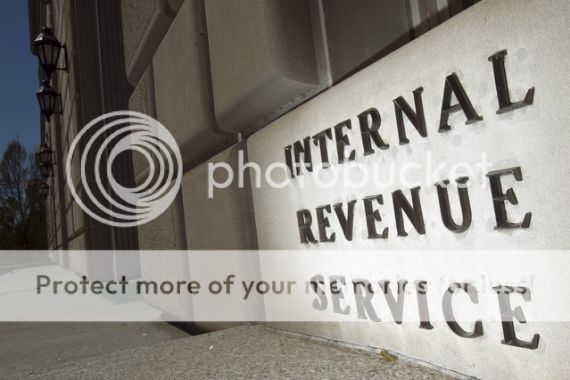A Brief History of IRS Political Targeting
In 1995, the White House and the Democratic National Committee produced a 331-page report entitled "Communication Stream of Conspiracy Commerce" that attacked magazines, think tanks and other entities and individuals who had criticized President Clinton. In the subsequent years, many organizations mentioned in the White House report were hit by IRS audits. More than 20 conservative organizations - including the Heritage Foundation and the American Spectator magazine - and almost a dozen individual high-profile Clinton accusers, such as Paula Jones and Gennifer Flowers, were audited.
The Landmark Legal Foundation sued the IRS in 1997 after being audited. Its brief quoted an IRS official who had explained at an IRS meeting in San Francisco that audit requests from members of Congress or their staff had been shredded and also suggested how future requests from Capitol Hill could be camouflaged. The IRS told the court that it could not find 114 key files relating to possible political manipulation of audits of tax-exempt organizations.
One potential bombshell of the Clinton era that went relatively unrecognized was an Associated Press report in 1999 that "officials in the Democratic White House and members of both parties in Congress have prompted hundreds of audits of political opponents in the 1990s," including "personal demands for audits from members of Congress." Audit requests from congressmen were marked "expedite" or "hot politically" and IRS officials were obliged to respond within 15 days. Permitting congressmen to secretly and effortlessly sic G-men on whomever they pleased epitomized official Washington's contempt for average Americans and fair play. But because the abuse was bipartisan, there was little enthusiasm on Capitol Hill for an investigation.


No comments:
Post a Comment